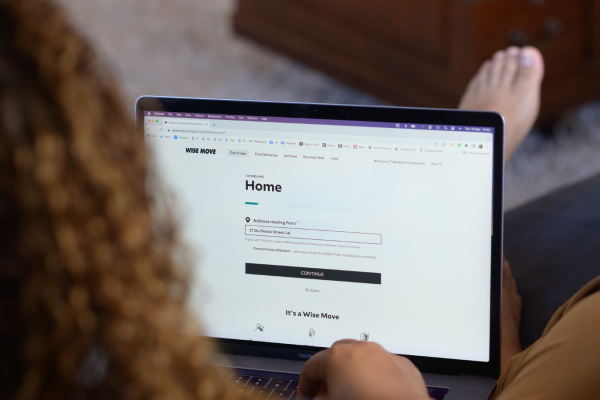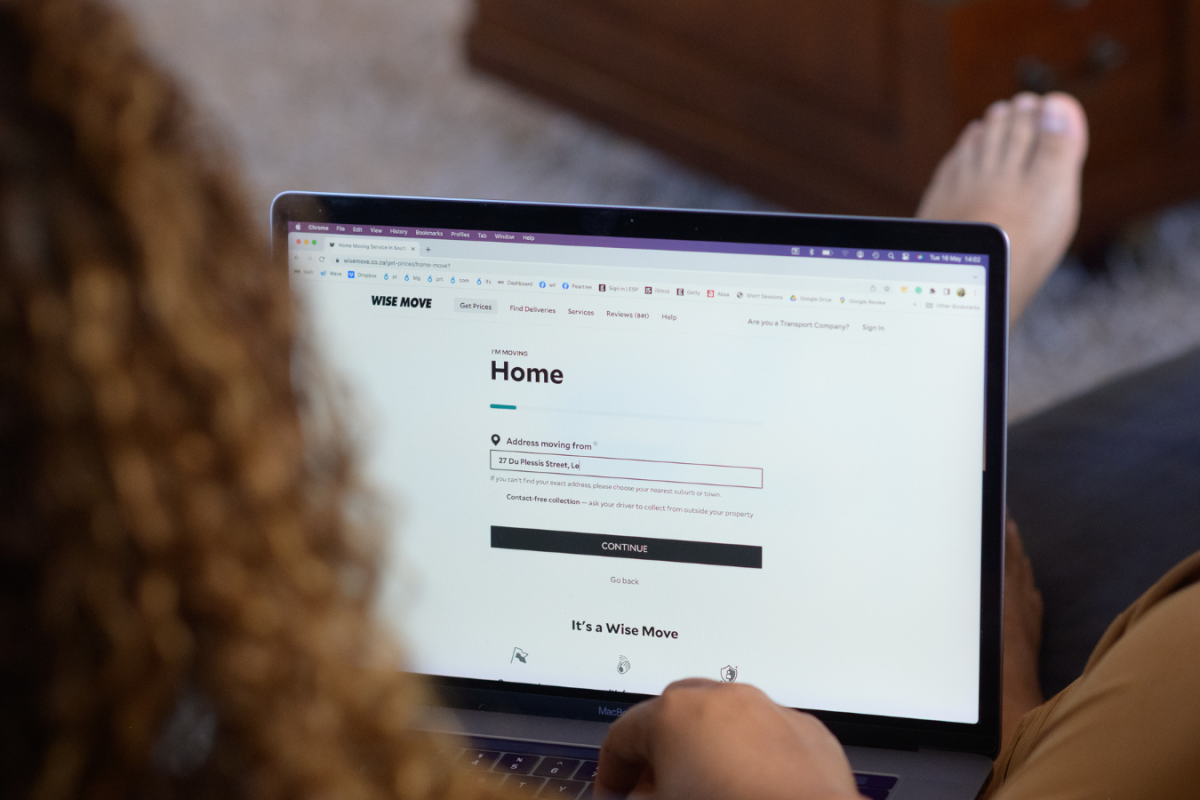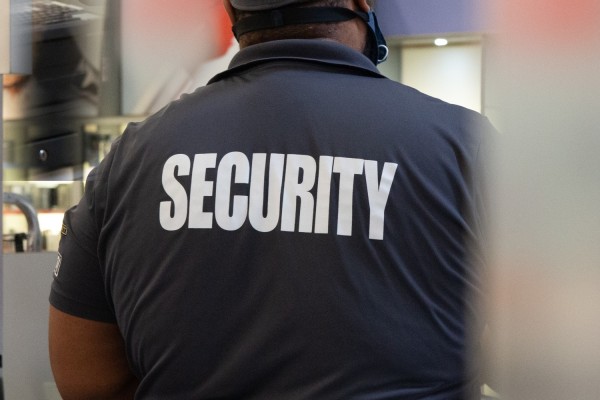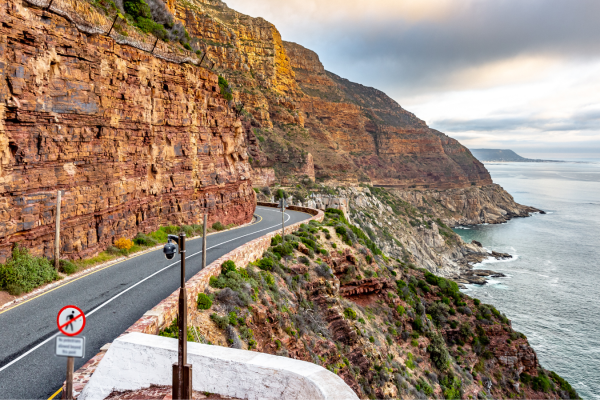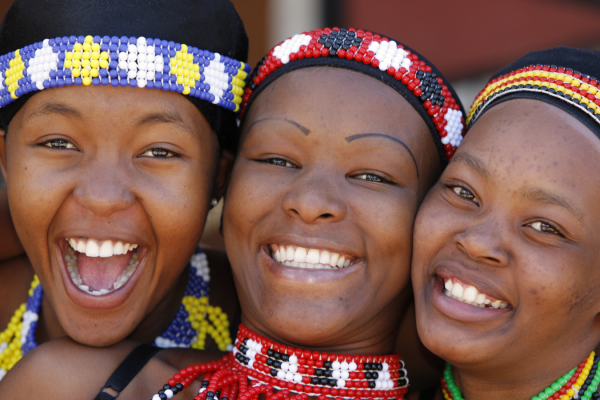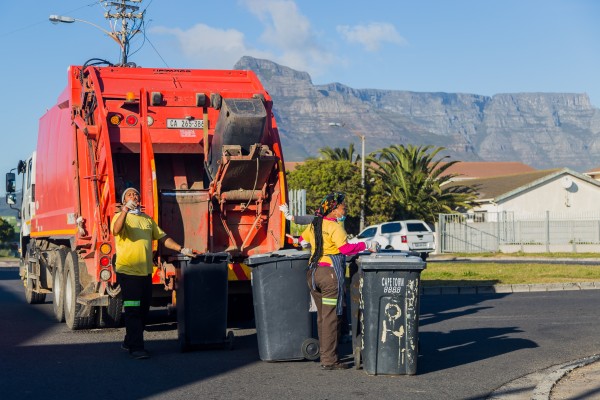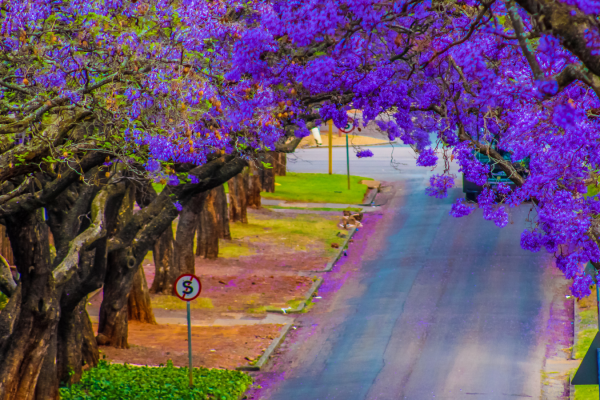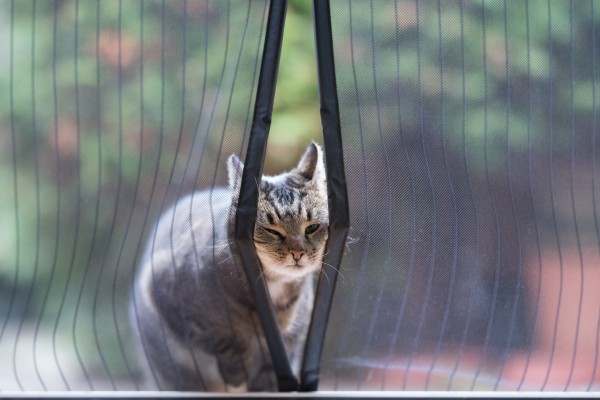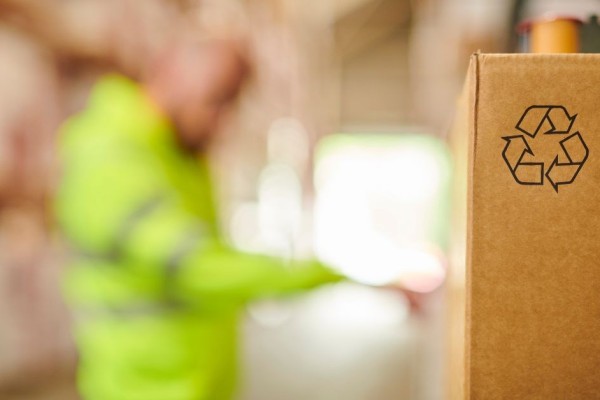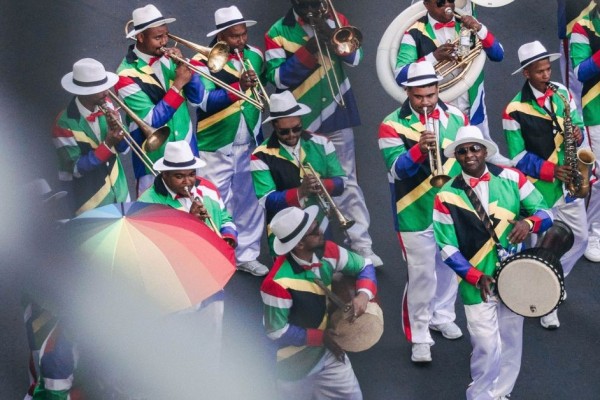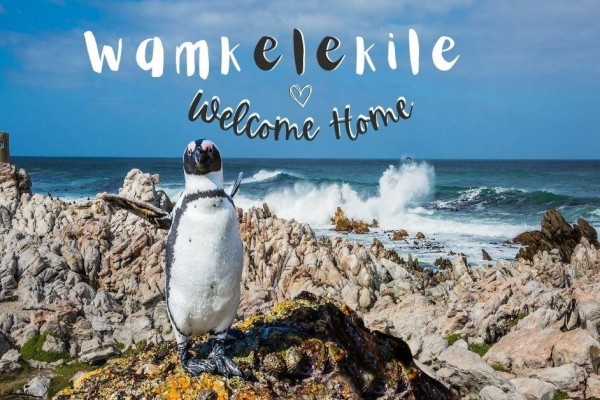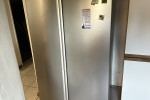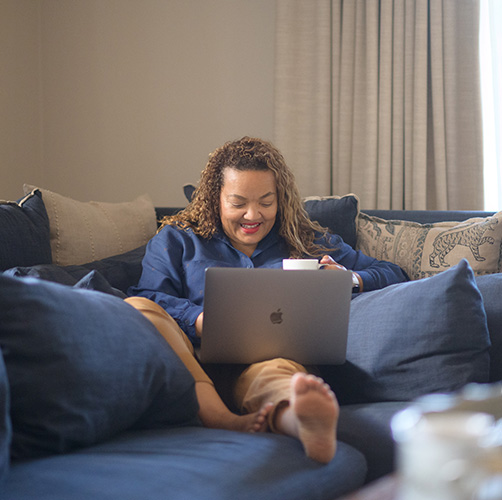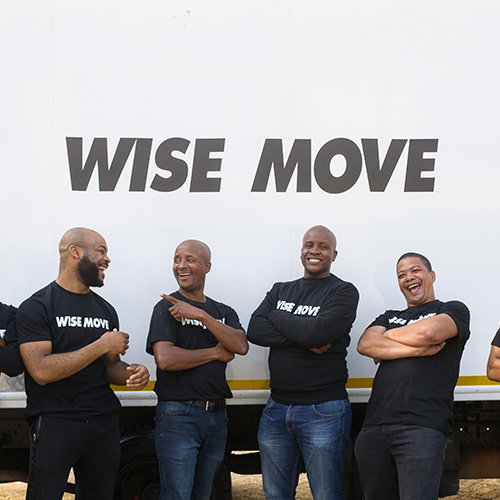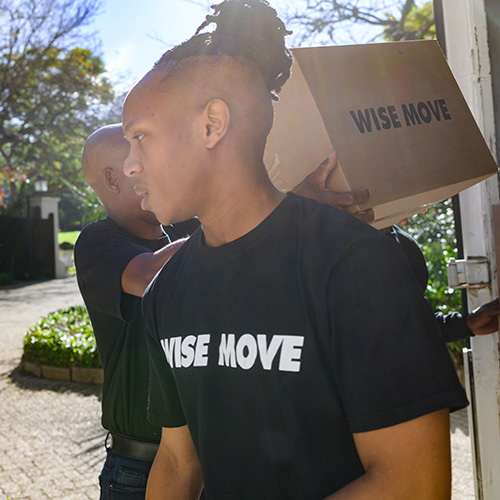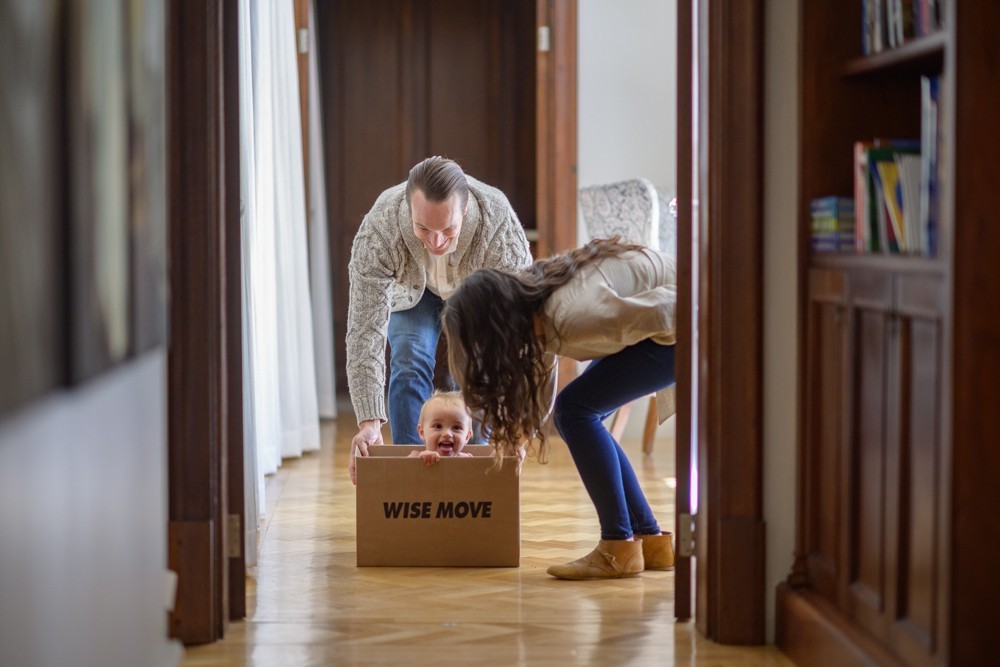
South Africa is undeniably a beautiful, beloved country with its majestic landscapes, iconic wildlife and incredible people, but unfortunately, South Africa is also known worldwide for its high crime rates.
Based on the Global Peace Index (GPI), South Africa is ranked the 130th safest country out of 163 countries — it’s safe to say it’s not one of the safest countries in the world. But that doesn’t mean you can’t still live a safe life in this vibrant Rainbow Nation.
There are many small, everyday habits that can improve your safety and greatly decrease your chances of something going wrong. Here are the top 10 safety tips for living in South Africa.
1. Choose Safe Areas to Live

Ideally, you want to choose an area with high security and low crime rates. Johannesburg is known as the most dangerous city in SA, particularly for its more violent crime, followed by Pretoria and Pietermaritzburg. Whereas Cape Town is known as one of the safest with more petty crime. While not always, the safest areas tend to be the most upmarket.
The safest cities and their safest areas include:
-
Cape Town: Clifton, Camps Bay, Bishopscourt
-
Bloemfontein: CBD
-
Port Elizabeth: Summerstrand, Walmer, Lorraine
-
Johannesburg: Rosebank, Sandton, Midrand
-
Durban: Durban North, Umhlanga, Hillcrest
-
Pretoria: Waterkloof, Groenkloof
-
Smaller towns and areas: Hermanus, George, Jeffrey’s Bay, Plettenberg Bay, Mossel Bay, Knysna, West Coast
You can even take it one step further by choosing a security estate which provides electric fences, camera surveillance, access-controlled entrances and security guards on duty 24 hours a day.
2. Safe-Proof Your House
Armed robbery is one of the most common crimes in South Africa, so it’s essential to protect your house and yourself from burglaries. You can do this by investing in all the safety bells and whistles.
Safe-proof your house with the following:
- Burglar bars
-
Trellis gates
-
Alarms with motion sensors
-
An electric fence
-
Armed response with a security company
-
CCTV cameras
-
Automatic gates
-
Guard dogs
3. Be Vigilant When Entering and Exiting Your House
Often, your mind is preoccupied when locking or unlocking your house. And with your gate being open or your house unlocked for a few moments, it’s enough time for crooks to slip in.
So it’s vital that you are hyper-aware when leaving or entering your property. You should stay in your car until your gate has closed, watching your mirrors to see if anyone slipped inside. And don’t forget to double check you locked everything up and turned on any alarms before you go.
Remember: Where you live plays a big role in your overall safety and the level of security needed. So, if you're feeling unsafe in your area, perhaps now is the best time to make a move for you and your family.
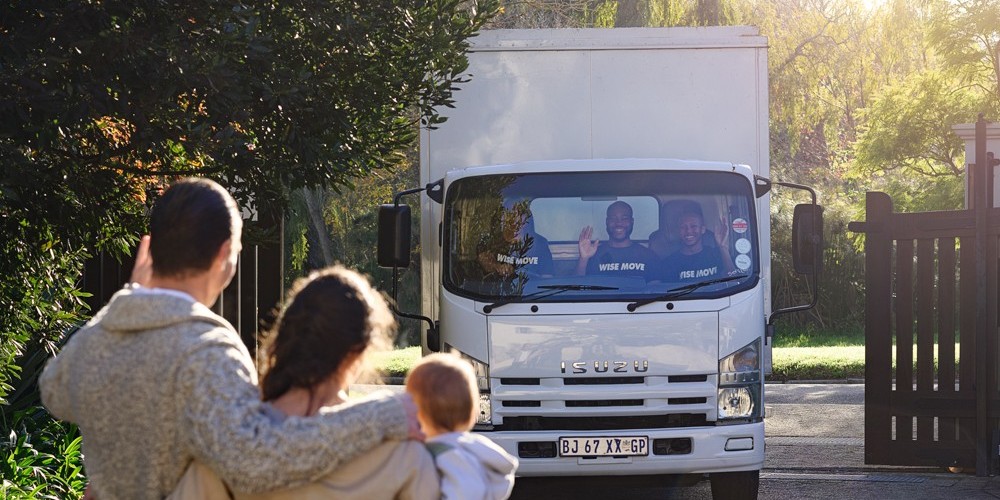
4. Pick Your Public Transport Wisely
While South Africa does offer a range of public transport options, it’s important to note that not all of them are safe. Even the ones that are safer require a certain level of precaution.
Public transport systems that tend to be reasonably safe in South Africa include:
-
MyCiTi Buses in Cape Town
-
Gautrain in Gauteng
-
E-hailing services like Uber and Bolt
-
Official airport shuttles
Even while using these forms of public transport, remember to keep your valuables out of sight and avoid travelling at night, particularly alone.
Public transport options that aren’t the safest and should be avoided include minibus taxis and Metrorail train services.
5. Know When and Where You Can Walk
Unfortunately, in many places in South Africa, it isn’t always safe to walk around. So when you do take a walk, make sure to take the necessary precautions.
Walking around at night is definitely a big no-no in South Africa, even in a group and particularly in city centres. If you absolutely have to, make sure to stick to well-lit areas that are visible to busy main roads.
Often it’s not even safe to walk around during the day, depending on the area. Assess the area beforehand if you want to take a walk around or go for a jog. Cities will often have a few popular walking and running spots that are busier and usually safer. For example, the Sea Point Promenade in Cape Town is the walker-jogger-runner hotspot and is regarded as one of the safer places to walk around during the day.
6. Be on Guard When Driving
While Gauteng is notorious for hijacking, it can happen anywhere in South Africa, particularly in big cities. In fact, within the last 3 months of 2023, there were almost 6000 reported incidents of carjacking across the country.
So it’s crucial that you always remain vigilant when driving, ensuring your windows are up and doors are locked, especially when you come to a stop at a traffic light or stop street. You also want to be on the lookout for any suspicious behaviour, like a car following you or a car in front of you slowing down to force you to stop.
7. Do not leave valuables in your car or unattended
It’s pretty much ingrained in every South African to never leave your belongings unattended in public, especially in places like the beach, restaurants or malls, as they can be snapped up in the blink of an eye.
Additionally, you never want to leave items in your car that are visible from the outside. Once people can see it, it becomes a temptation for a smash-and-grab. So always put items in your boot, away from any curious eyes.
8. Know some self-defence
Knowing how to and when to protect yourself is important. Self-defence can be simple techniques or even pepper spray, a taser, or a firearm. It’s also recommended to carry a whistle which, in some circumstances, can be used to alert attention in an emergency.
While a self-defence weapon is usually recommended only for women, everyone could do with some extra protection.
Taking formal self-defence classes is highly recommended to give yourself a better chance of getting out of a possibly bad situation safely.
9. Always have a plan
As they say — hope for the best, plan for the worst. In the case that something does go terribly wrong, you want to make sure you’re prepared. Here are some safety precautions you can set up ahead of time:
-
Set up the SOS feature on your phone which sends your location, photos and audio to designated contacts in an emergency.
-
Have local emergency numbers on your phone with easy access.
-
Set up panic buttons in your home and home remote.
-
Create a plan in the instance you have an intruder in your home, including an escape route, alarm buttons, a safe room and even a defence weapon.
10. Make use of your support system
Work together with your support system to keep each other safe, protected and supported in the case of an emergency.
You can do this by:
-
Doing things in groups when you don’t feel safe going alone.
-
Sharing your location in Ubers or other potentially risky situations.
-
Staying in contact either on the phone or through messages when you feel unsafe.
-
Checking in to see if everyone got to their destination safely.
- Using trusted and recommended service providers
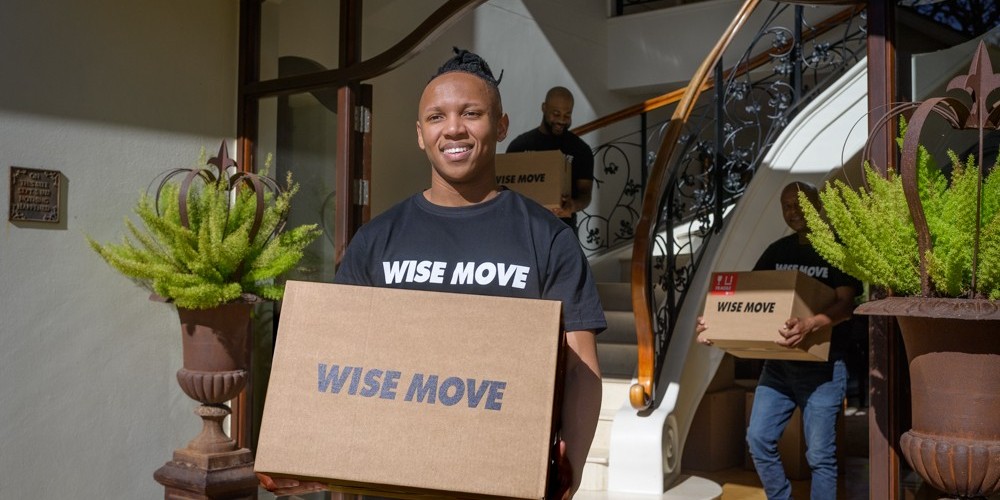
Conclusion
With just a few extra precautions taken and some awareness of your surroundings, you can do a lot to stay safe in South Africa. And once you can do that, you can focus on enjoying the wonders this incredible country has to offer!
Are you looking to make the leap and move to a safer part of South Africa? Well, why not use one of South Africa’s top-rated, affordable moving services trusted by thousands of South Africans?
Why not Wise Move? Your belongings could not be in safer hands! Our skilled team offers a seamless door-to-door experience, treating your items as their own with the greatest care and utmost diligence.
Get your quote today and take the first step towards a safer and more secure life in South Africa!
What do our customers say?



